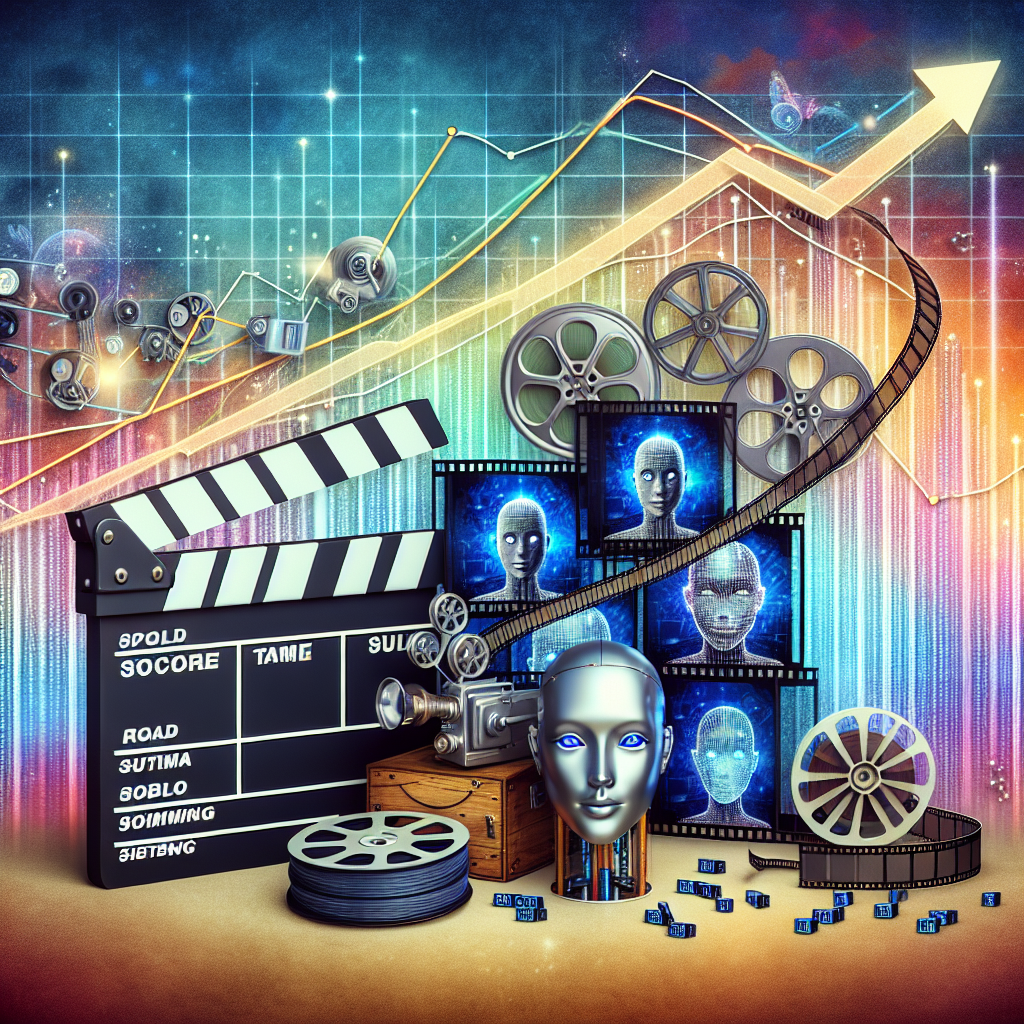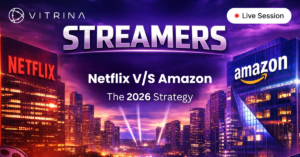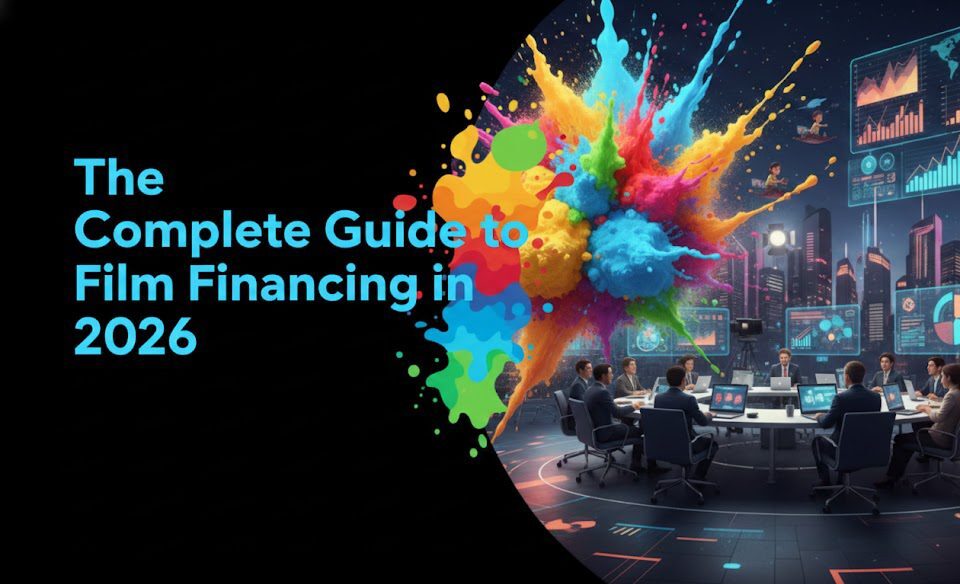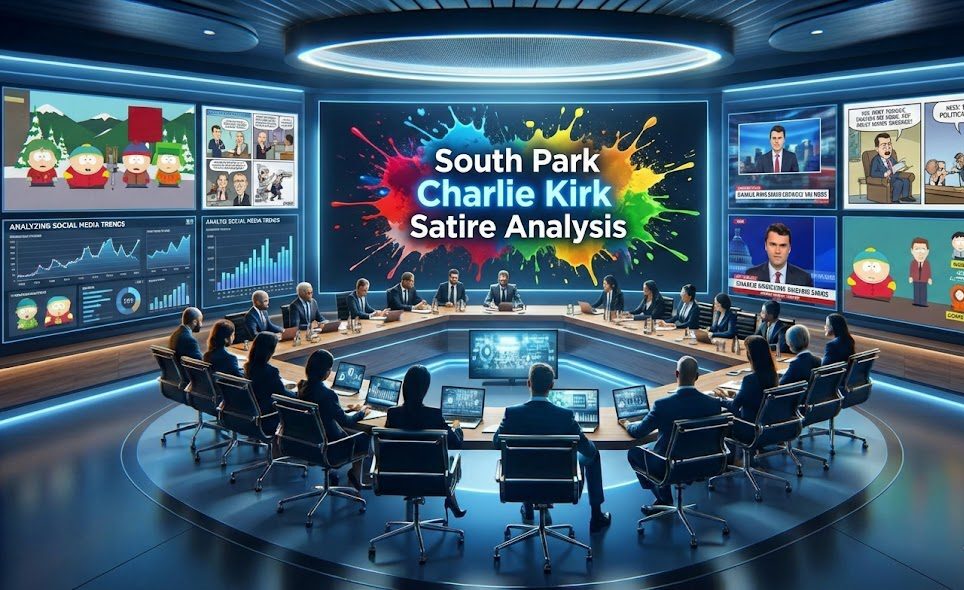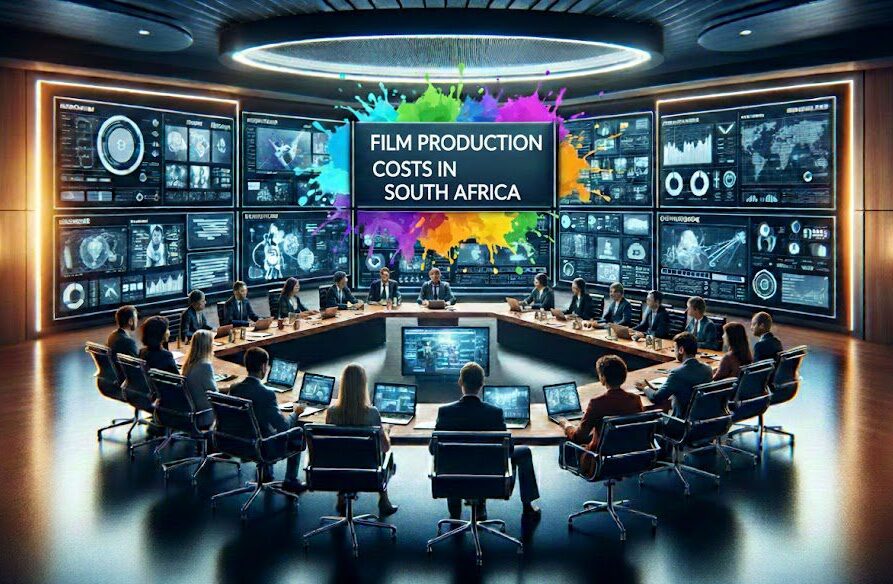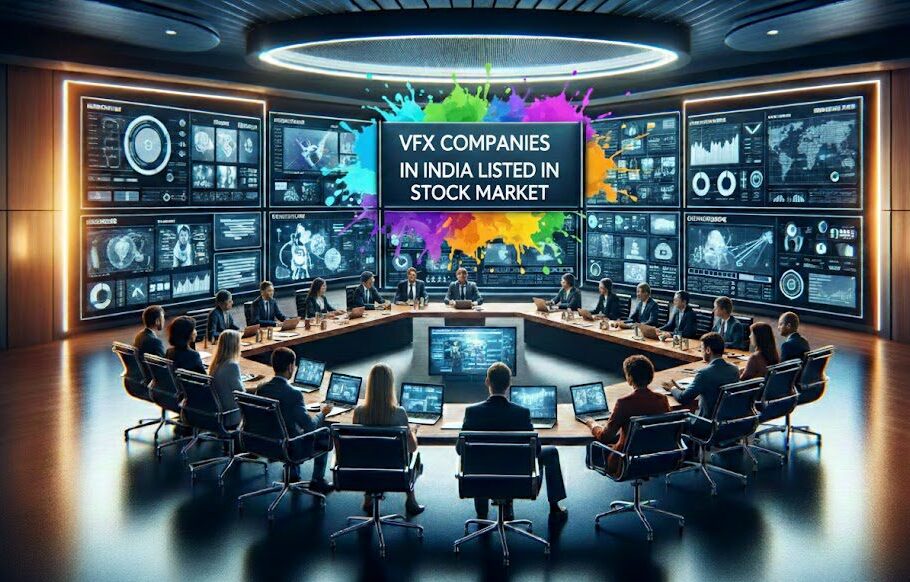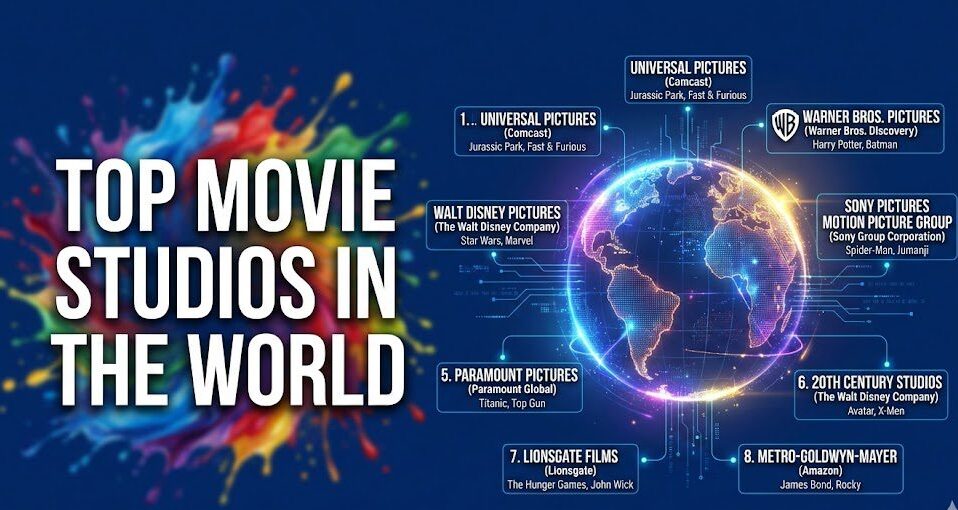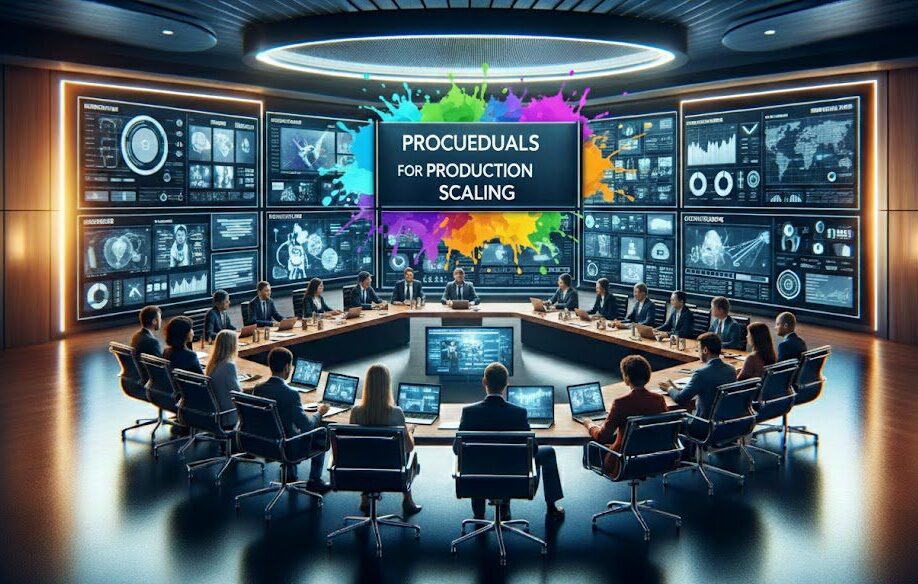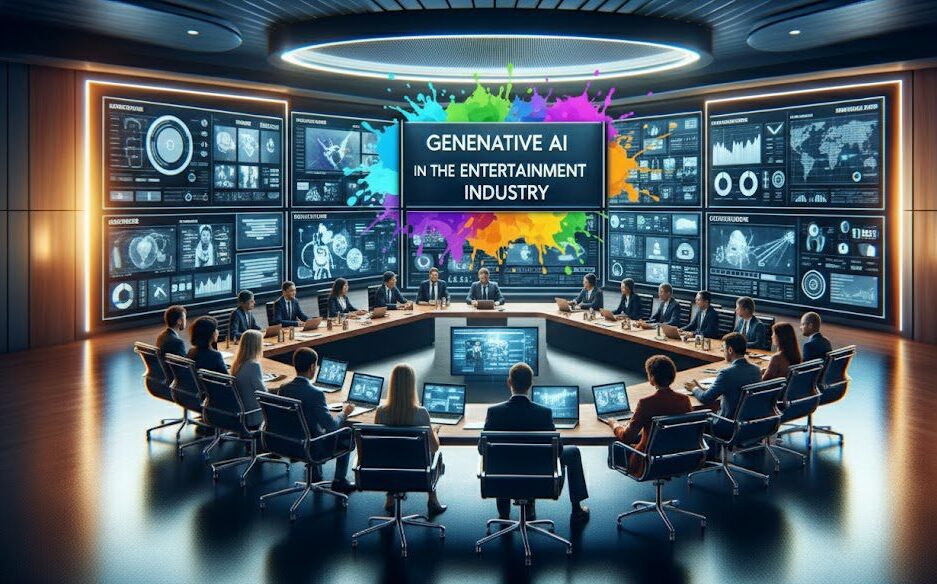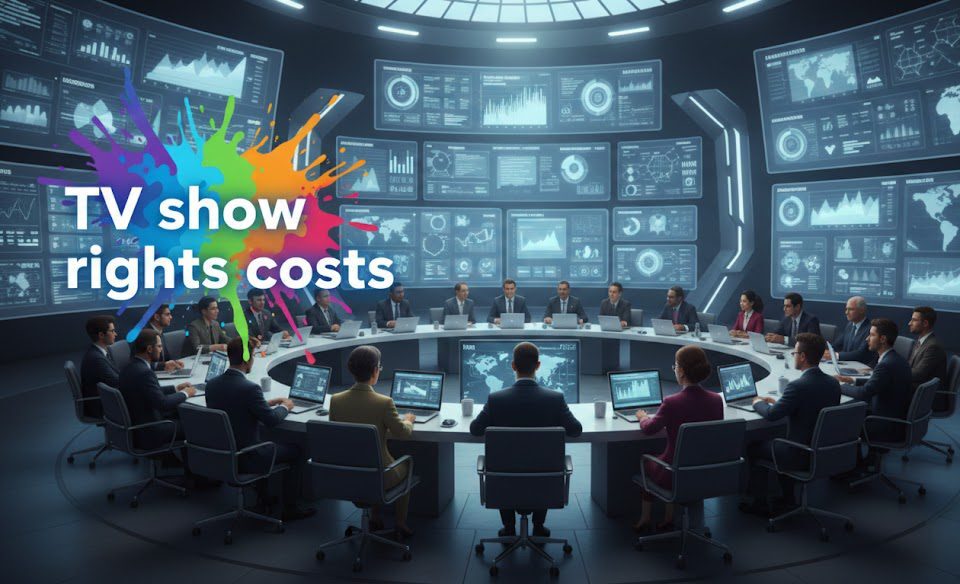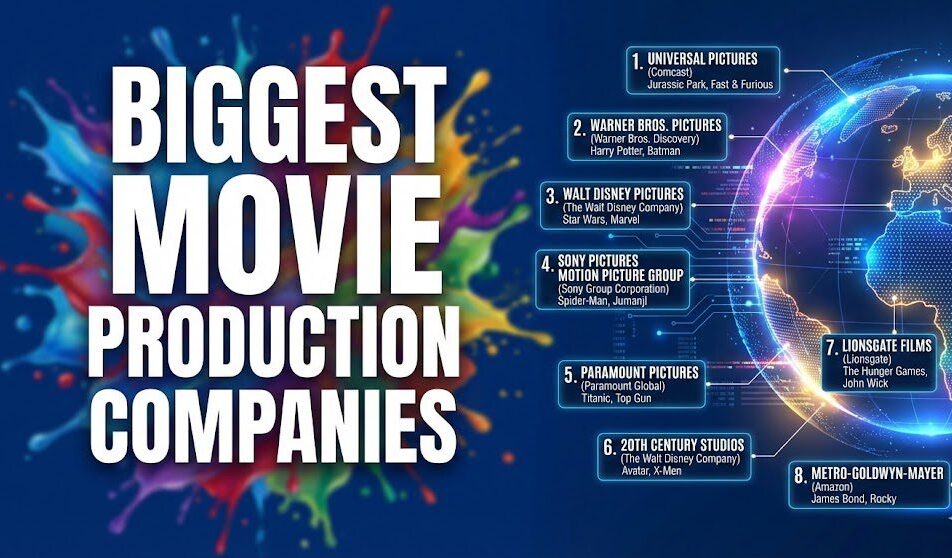Introduction:
Have you ever wondered how artificial intelligence (AI) is revolutionizing the film industry? From content acquisition to post-production, AI is changing the way entertainment professionals work. In this article, we will explore the impact of AI on various aspects of the film industry and discuss how it is reshaping the way content is created, distributed, and consumed. Whether you are a Content Acquisition Executive, Production House Executive, or Streaming Platform Executive, understanding the role of AI in film is crucial for staying ahead in this rapidly evolving industry.
Empower Filmmaking with AI Expertise

AI in Content Acquisition and Distribution:
AI technology has drastically transformed the way content is acquired and distributed in the film industry. Content Acquisition Executives and Content Distribution Leaders are using AI-powered algorithms to analyze audience preferences, predict trends, and make data-driven decisions. For example, Netflix uses AI to recommend personalized content to its viewers based on their viewing history and preferences. This not only enhances user experience but also increases engagement and retention rates.
Real-world example: Warner Bros. used AI algorithms to analyze script data and predict box office success for their film “The Meg.” This data-driven approach helped them make strategic decisions regarding marketing and distribution, leading to a successful box office performance.
AI in Production and Post-Production:
AI is also playing a significant role in streamlining production and post-production processes. Production House Executives and Post-Production Managers are leveraging AI tools to automate tasks such as video editing, color correction, and visual effects. For instance, AI-powered software like Adobe Sensei can analyze footage and automatically generate rough cuts, saving time and resources for filmmakers.
Real-world example: The film “Sunspring” was entirely scripted by an AI program called Benjamin. The AI-generated script was then brought to life by human actors, showcasing the creative potential of AI in film production.
Empower Filmmaking with AI Expertise

AI in Localization and International Content Licensing:
Localization Heads and International Content Licensing Managers are using AI to overcome language barriers and cultural differences in global content distribution. AI-powered translation tools can accurately translate subtitles and dubbing, making content accessible to a diverse audience worldwide. Additionally, AI algorithms can analyze market trends and consumer behavior to optimize content licensing strategies for international markets.
Real-world example: Netflix uses AI to analyze viewing patterns and preferences in different regions to tailor content offerings for local audiences. This data-driven approach has helped Netflix expand its global reach and increase subscriber base.
Key Takeaways:
– AI is transforming the film industry by enhancing content acquisition, production, distribution, and localization processes.
– Entertainment professionals can leverage AI tools to make data-driven decisions, optimize workflows, and reach a global audience.
– Embracing AI technology can lead to increased efficiency, cost savings, and audience engagement in the film industry.
FAQs:
Q1: How can AI improve audience engagement in film?
A: AI algorithms can analyze viewer data, predict preferences, and recommend personalized content, leading to increased viewer engagement and loyalty.
Q2: Is AI replacing human creativity in film production?
Film Industry AI tools can automate repetitive tasks and enhance efficiency, but human creativity and storytelling skills are still essential in the filmmaking process.


